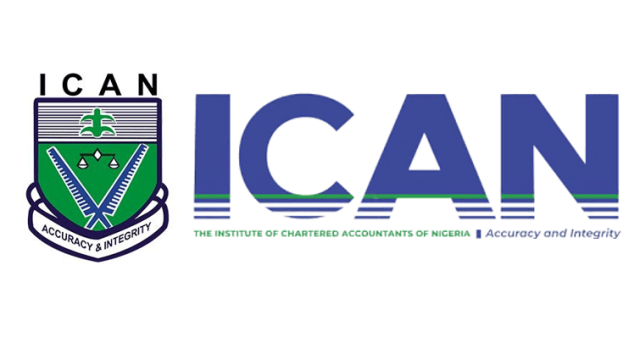The Institute of Chartered Accountants of Nigeria has urged the Central Bank of Nigeria to reconsider its decision not to include retained earnings as part of the capital base of banks.
This request was made in a position paper on the new capital requirement for banks, signed by its president, Innocent Okwousa, and published in national dailies on Monday.
The CBN's current stance only recognizes the share capital and share premium items on the shareholder fund portion of the balance sheet for the upcoming recapitalization.
The banking sector has been given three options to meet this requirement: issuing new common shares, mergers and acquisitions, and upgrading/downgrading their respective license category or authorization.
While ICAN welcomed the recapitalization exercise as a move to strengthen the country’s financial system, it expressed concern that retained earnings form part of a bank's equity and should be considered as core tier 1 capital.
ICAN also highlighted the need for further clarification on the exclusion of retained earnings for bank recapitalization, considering Nigeria’s adoption of the International Financial Reporting Standard and the Basel Accord.
ICAN proposed that the CBN should consider allowing the inclusion of retained earnings on the condition that they are not impaired by losses, to facilitate compliance for banks.
“The two years allowed are considered sufficient to implement the programme. However, given the young age of non-interest banks in Nigeria, they should be allowed a longer period, probably three years, to meet the minimum capital requirements.”
The Institute also urged the CBN to extend the 30-day period it gave banks to develop an implementation plan to 60 days, given that it would take some time to obtain the consent of shareholders.
Other suggestions proffered by the institute include the provision of tax incentives.
“It is also important that the CBN provide some incentives to banks to facilitate the recapitalisation exercise, as was done in 2005.
“This can take the form of tax incentives and ensure that the overall cost of recapitalisation is low by seeking the cooperation of relevant stakeholder institutions such as the Federal Inland Revenue Service, the Securities and Exchange Commission, the Nigerian Exchange and the Federal Competition and Consumer Protection Commission, given that banks have the option of raising funds through the capital market or mergers and acquisitions.
“The CBN should adequately supervise the banks to ensure that the costs of recapitalisation are not transferred to their customers by way of higher bank charges. The CBN is advised to engage the Bankers Committee on measures to put in place to ensure adequate compensation to the staff of banks that may be disengaged as a result of the recapitalisation exercise.
“Exercise due verification to ensure that corrupt and laundered money do not find their way into the capitalisation,” ICAN highlighted.




















